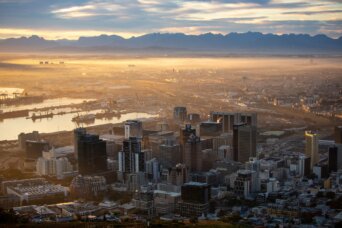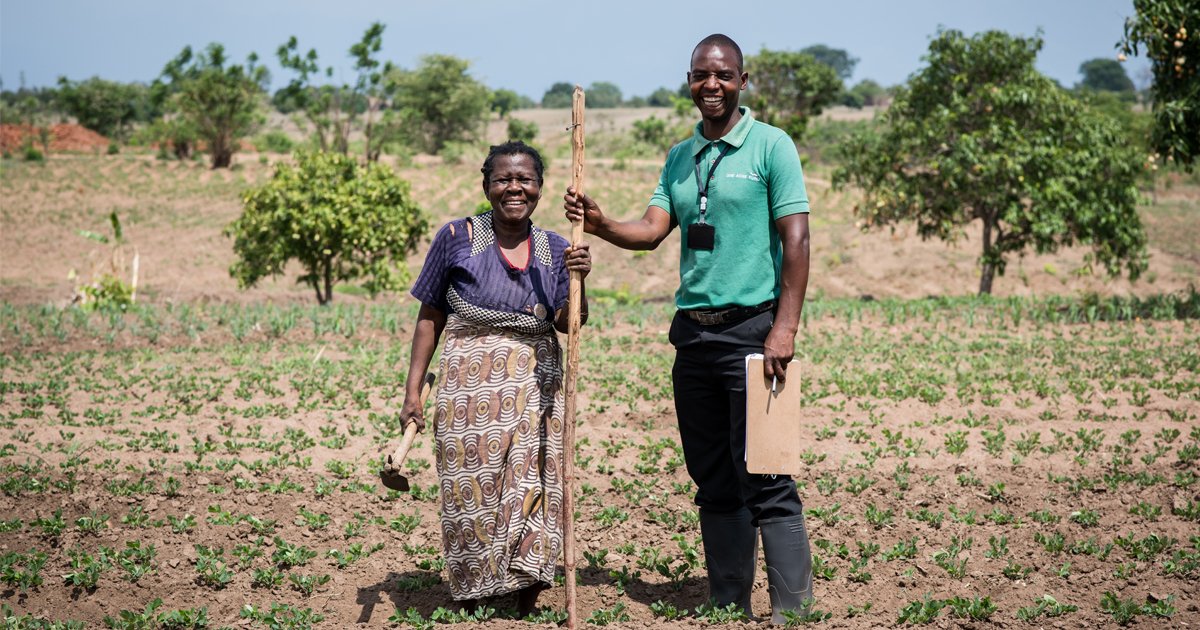- About
- Topics
- Picks
- Audio
- Story
- In-Depth
- Opinion
- News
- Donate
-
Signup for our newsletterOur Editors' Best Picks.Send
Read, Debate: Engage.
| topic: | Sustainable Development |
|---|---|
| located: | Kenya |
| editor: | Bob Koigi |
While the whole world continues to record unprecedented urbanisation - which has also consequently birthed inequalities, infrastructure and social gaps - Africa has the world’s fastest-growing urban population, with half of its population living in cities. That number is projected to rise to 950 million people by 2050, representing 21 percent of the total global population.
A sizeable proportion of this urban growth will be in small and medium-sized cities, commonly referred to as intermediary cities. Yet, like in the rest of the world, this extremely rapid growth has caught many African cities unprepared, as key sectors like transportation, energy, sanitation, housing and food systems struggle to sustain the burgeoning populations.
The runaway urbanisation has birthed informal settlements with, for example, 55% of sub-Saharan Africa's urban population living in these areas. This has created an avalanche of social and economic problems including crime, drug abuse and unemployment, among others.
But cities have been playing a pivotal role in the new world order. African cities produce 60 percent of the continent’s GDP, estimated at $700 billion. Some studies show that investment in urban infrastructure in key sectors like transportation, energy and water can add 2.2 percent growth to Africa’s annual GDP. Indeed, Africa’s future is urban.
The question then is how do we tap into the opportunities that African cities have to offer in order to fast-track economic and social transformations?
Local and national governments, private sectors, researchers and development partners across the continent under the auspices of the United Cities and Local Governments of Africa (UCLGA) recently gathered in Kisumu, Kenya, an intermediary city, for the 9th edition of the Africities Summit under the theme “The role of intermediary cities in Africa in the implementation of the United Nations’ 2030 Agenda and of the African Union's Agenda 2063.”
The gathering sought to deliberate and find lasting solutions to transform African cities to sustainable models of social and economic growth.
While historic resolutions were made by top decision makers, the onus is now on the leaders to walk the talk and actualise the all-important commitments after the summit. This includes increased investment in key sustainable projects that support the needs of urban dwellers, political will and public private partnerships. Africa is betting on urban cities to meet its Agenda 2063 and decision makers in the continent must speak in one voice to bring that agenda to life.
Photo by Pieter van Noorden

